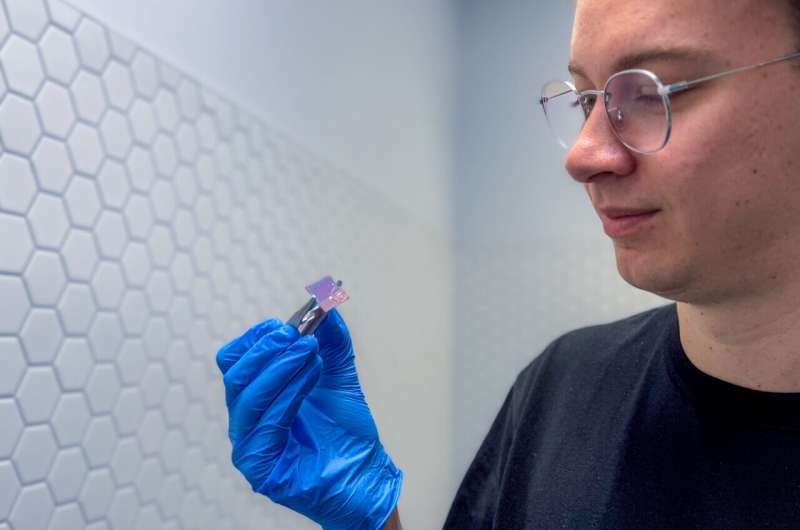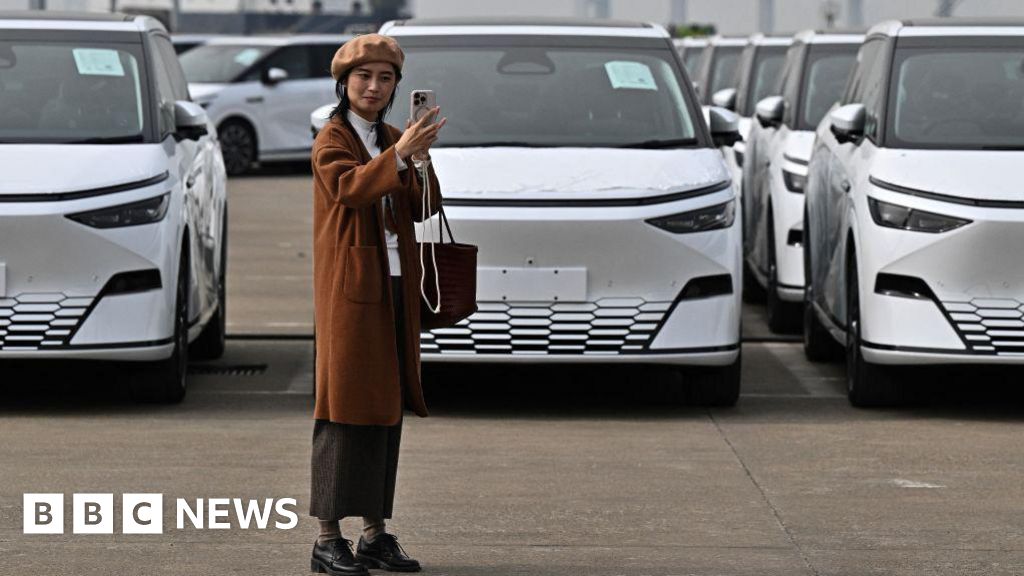Breakthrough in Quantum Battery Technology Extends Life 1,000 Times Longer

Researchers from RMIT University and CSIRO, Australia’s national science agency, have achieved a groundbreaking advancement in quantum battery technology, extending the device’s lifespan by 1,000 times compared to previous models. This significant development was announced on July 8, 2025, marking a pivotal moment in the quest for more efficient energy storage solutions.
Quantum batteries, a concept born from the field of quantum science and technology, differ fundamentally from traditional batteries. They utilize quantum superposition and the interactions between electrons and light, offering the potential for faster charging times and enhanced storage capacity. In this latest study, researchers have successfully tested a method to extend the life of a quantum battery significantly.
Revolutionizing Energy Storage
Daniel Tibben, a Ph.D. candidate at RMIT and co-author of the study, expressed optimism about the progress. “While we’ve addressed a tiny ingredient of the overall piece, our device is already much better at storing energy than its predecessor,” Tibben stated. This development represents a critical step towards realizing a fully functional quantum battery.
Previous iterations of quantum batteries showcased impressive charging speeds but were hindered by rapid discharge rates, losing stored energy almost as quickly as they charged. The study, published in PRX Energy, involved the construction and analysis of five devices. The most successful device demonstrated the ability to store energy for 1,000 times longer than earlier models, transitioning from nanoseconds to microseconds in energy retention.
“Australia is leading the way in experimental quantum battery research and this work is a significant advancement,” said Dr. James Quach, CSIRO’s Science Leader and co-author of the paper.
The Science Behind the Breakthrough
The research team discovered that optimal performance was achieved when two specific energy levels were perfectly aligned, allowing for more efficient energy storage. This discovery lays a strong foundation for future research and development in the field of quantum batteries.
Professor Daniel Gómez, a chemical physicist at RMIT and co-author of the study, emphasized the significance of this advancement. “While a working quantum battery could still be some time away, this experimental study has allowed us to design the next iteration of devices,” Gómez explained. “It’s hoped one day quantum batteries could be used to improve the efficiency of solar cells and power small electronic devices.”
Implications and Future Prospects
The implications of this breakthrough are far-reaching. Quantum batteries have the potential to revolutionize the energy sector, particularly in enhancing the efficiency of renewable energy sources like solar power. The ability to store energy more effectively could lead to advancements in various technologies, from small electronic devices to large-scale energy systems.
Gómez and his team at RMIT are actively engaging with industry partners to collaborate on the design and development of the next generation of quantum battery prototypes. This collaboration aims to bridge the gap between theoretical research and practical application, accelerating the transition from laboratory experiments to real-world solutions.
More information: Daniel J. Tibben et al, Extending the Self-Discharge Time of Dicke Quantum Batteries Using Molecular Triplets, PRX Energy (2025). DOI: 10.1103/bhyh-53np
As the global demand for sustainable and efficient energy solutions continues to grow, the advancements made by RMIT and CSIRO position Australia at the forefront of quantum battery research. The progress made in extending the lifespan of these devices not only demonstrates the viability of quantum batteries but also sets the stage for future innovations in energy storage technology.






